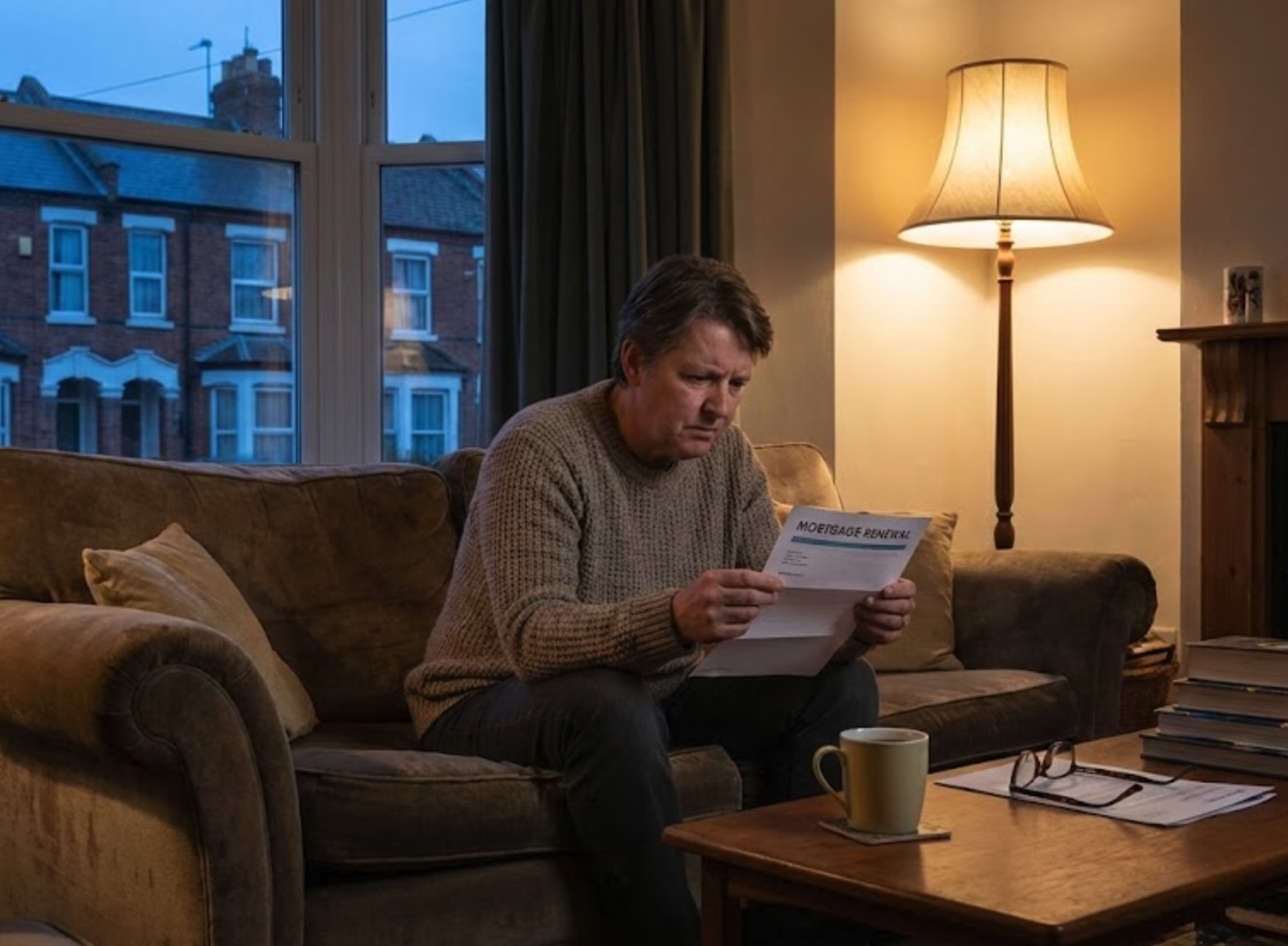Day 1 Overpayment Vs Bigger Deposit: Which Is Better For Your Mortgage?
Table of Contents
- Understanding the Scenarios
- The Numbers Game
- The Magic of Overpayments
- Things to Consider
- 1. Early Repayment Charges
- 2. Flexibility
- 3. Opportunity Cost
- 4. Loan-to-Value (LTV) Ratio
- Alternative Strategies
- 1. Bigger Deposit with Shorter Term
- 2. Regular Overpayments
- 3. Offset Mortgage
- Making Your Decision
- Seek Professional Advice
- Conclusion
When it comes to getting a mortgage, one of the biggest decisions you'll face is how much to put down as a deposit. But what if you have some extra cash? Should you make a larger initial deposit, or go for a smaller deposit and make an overpayment right away? Let's dive into this intriguing mortgage dilemma and help you make the best decision for your financial future.
If you want to dig deeper into your own mortgage numbers, try our Advance Mortgage Calculator where you can calculate equity, interest, early repayments and more.
Understanding the Scenarios
Imagine you're buying a property worth £620,000 and you have £200,000 available. You're considering two options:
- Scenario 1: Put down a £160,000 deposit and make a £40,000 overpayment on day one
- Scenario 2: Make a straightforward £200,000 deposit
At first glance, these might seem like they'd lead to the same result. After all, you're putting £200,000 towards your mortgage either way, right? Not quite..
The Numbers Game
Let's assume you're taking out a 30-year mortgage at a 4.56% interest rate. Here's how the numbers stack up:
| Metric | Scenario 1: Smaller Deposit + Overpayment | Scenario 2: Bigger Deposit |
| Initial Deposit | £160,000 | £200,000 |
| Initial Mortgage Balance | £460,000 | £420,000 |
| Day 1 Overpayment | £40,000 | — |
| Effective Mortgage Balance | £420,000 | £420,000 |
| Total Interest (30 Years) | £311,712 | £351,508 |
Surprisingly, despite ending up with the same mortgage balance of £420,000, Scenario 1 results in paying about £39,796 less in interest over the life of the mortgage. But why?
The Magic of Overpayments
The key difference lies in how mortgage payments are structured. In Scenario 1, even though you've reduced your balance to £420,000 with the overpayment, your monthly payments are still calculated based on the initial £460,000 loan. This means you're paying more each month than you would in Scenario 2, effectively shortening your mortgage term.
By paying more each month, you're reducing the principal faster, which means less interest accrues over time. It's like giving your mortgage a turbo boost right from the start!
Things to Consider
1. Early Repayment Charges
Before making any overpayments, always check your mortgage terms. Some lenders charge fees for overpayments, especially in the early years of the mortgage. In our example, the £40,000 overpayment is within the typical 10% annual allowance, so it wouldn't incur penalties. But always double-check with your specific lender.
2. Flexibility
With Scenario 1, you're committing to higher monthly payments from the start. Make sure you're comfortable with this and that it fits your budget. Remember, you can't easily reduce these payments later if your financial situation changes.
3. Opportunity Cost
Consider what else you could do with that £40,000. Could you invest it elsewhere for potentially higher returns? Or do you need it for other immediate expenses or as an emergency fund?
4. Loan-to-Value (LTV) Ratio
In both scenarios, you're at a 75% LTV. However, if a smaller deposit would push you into a higher LTV band with worse interest rates, the calculations would change significantly.
Alternative Strategies
While we've focused on these two scenarios, there are other options worth considering:
1. Bigger Deposit with Shorter Term
Instead of overpaying, you could make the £200,000 deposit and opt for a shorter mortgage term, say 25 years instead of 30. This would increase your monthly payments and reduce the total interest paid, similar to the overpayment scenario.
2. Regular Overpayments
Rather than a large upfront overpayment, you could make the £200,000 deposit and then commit to regular monthly overpayments. This gives you more flexibility and could achieve similar interest savings over time.
3. Offset Mortgage
If available, an offset mortgage could allow you to keep the £40,000 in a linked savings account. You wouldn't earn interest on these savings, but it would reduce the interest charged on your mortgage while still giving you access to the funds.
Making Your Decision
Choosing between a smaller deposit with day 1 overpayment and a bigger deposit isn't just about the numbers. It's about your personal financial situation, goals, and comfort level. Here are some final points to consider:
- How stable is your income? If it's variable, you might prefer the lower committed payments of Scenario 2.
- Do you have other debts? It might be wise to clear high-interest debts before making mortgage overpayments.
- How important is it to you to be mortgage-free sooner? Scenario 1 puts you on a faster track to owning your home outright.
- What are your other financial goals? Make sure your mortgage strategy aligns with your overall financial plan.
Seek Professional Advice
While we've covered a lot of ground, every mortgage situation is unique. It's always a good idea to seek professional advice before making such a significant financial decision. A qualified mortgage advisor can:
- Review your specific circumstances in detail
- Provide personalised calculations based on current market rates
- Explain all available options, including those you might not have considered
- Help you understand the long-term implications of different strategies
- Ensure you're getting the best possible deal on your mortgage
Remember, a mortgage is likely to be the biggest financial commitment you'll ever make. It's worth taking the time to get it right.
Conclusion
In the battle of smaller deposit with day 1 overpayment vs bigger deposit, there's no one-size-fits-all answer. The overpayment strategy can lead to significant interest savings, but it comes with higher monthly commitments. The bigger deposit option offers more flexibility but could cost more in the long run.
Ultimately, the best choice depends on your individual circumstances, financial goals, and risk tolerance. By understanding the pros and cons of each approach and seeking professional advice, you can make an informed decision that sets you up for long-term financial success.
Ready to explore your mortgage options? Our team of expert advisors is here to help. Use our Mortgage Mapper calculators to get started, and we'll match you with a top-notch mortgage advisor who can guide you through the process and help you find the perfect mortgage strategy for your needs.


![What Is The Minimum Down Payment (Deposit) For A House In The Uk? [2026][Short Version]](https://mortgagemapper.com/featured-images/what-is-the-minimum-down-payment-deposit-for-a-house-in-the-uk-2026-short-version.jpg)
